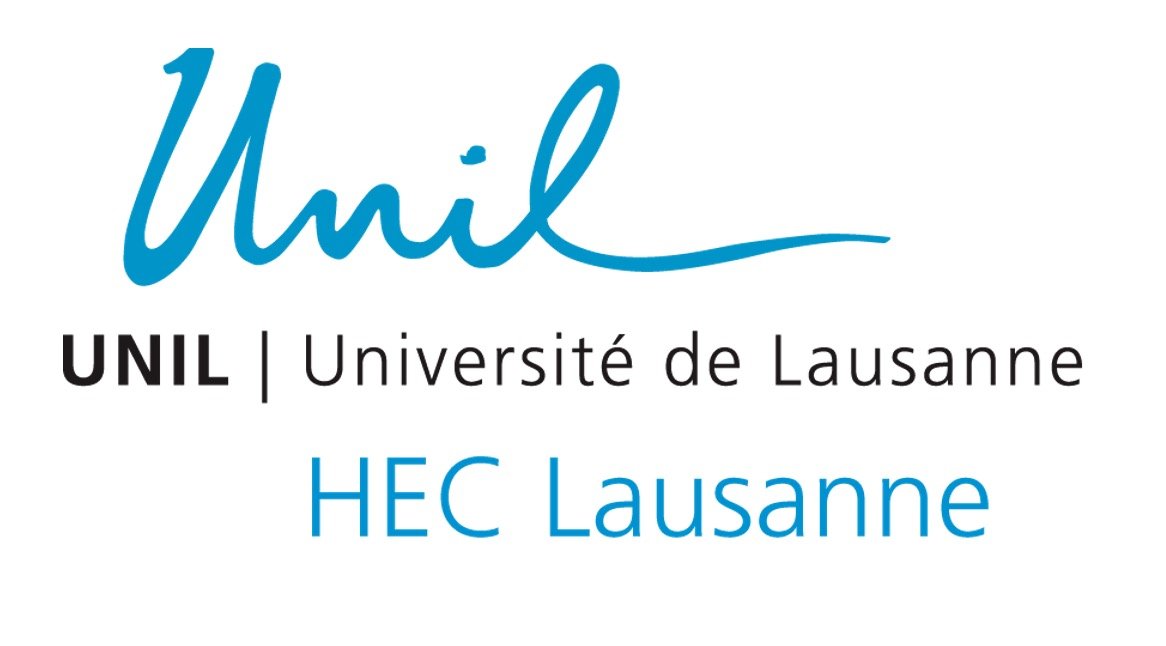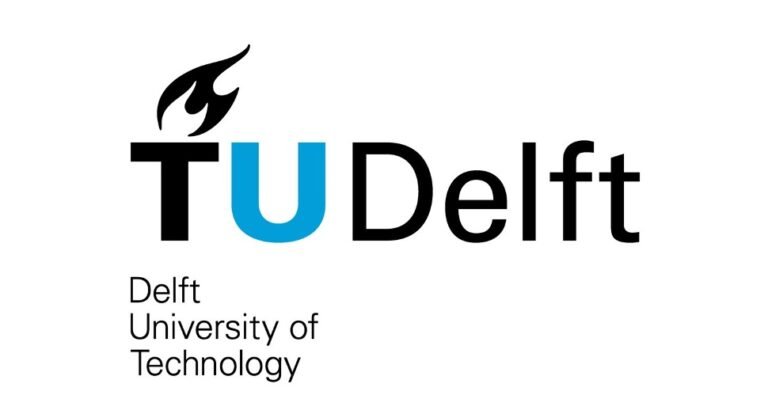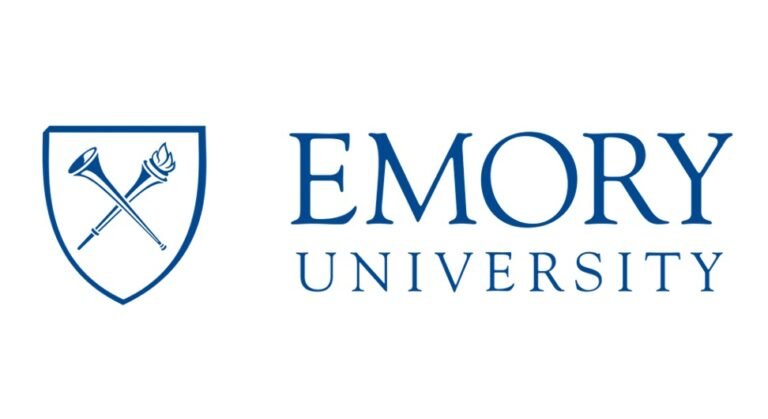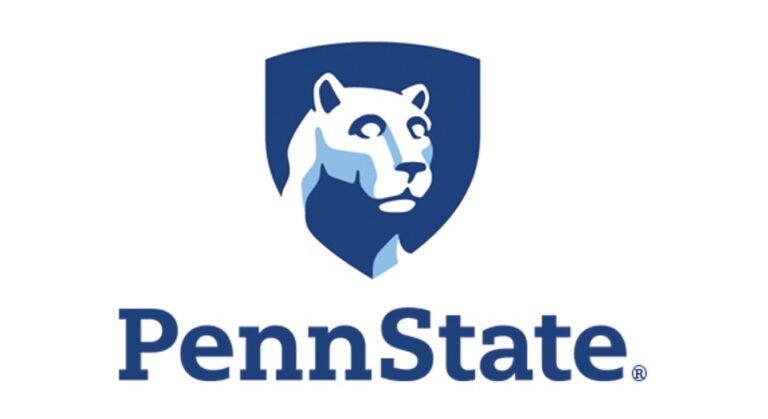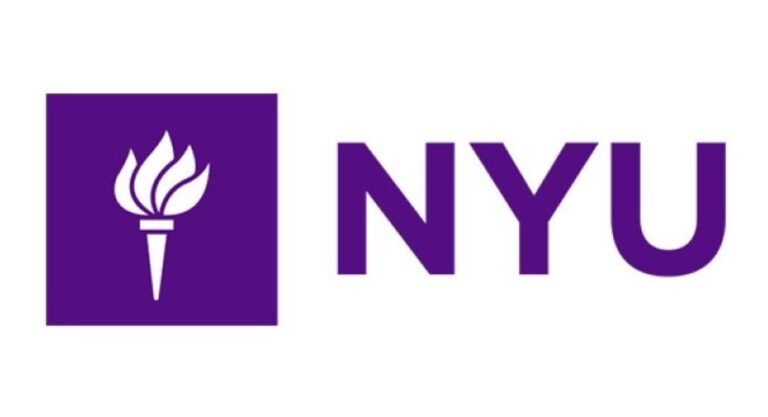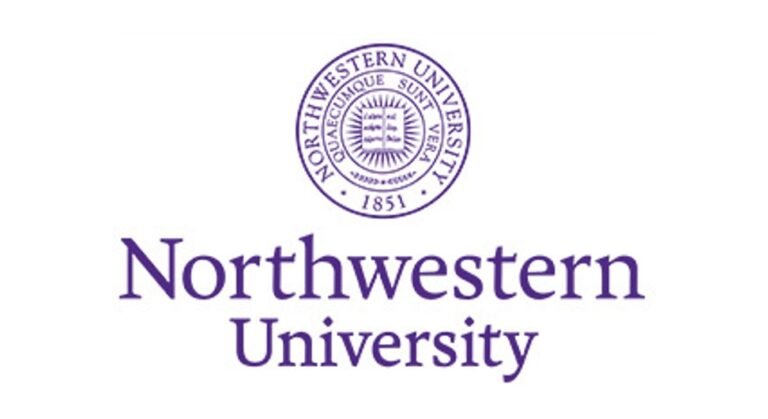Introduction
UNIL is a leading international teaching and research institution, with over 5,000 employees and 17,000 students split between its Dorigny campus, CHUV and Epalinges. As an employer, UNIL encourages excellence, individual recognition and responsibility.
Presentation
The Institute of Earth Sciences (ISTE) at the University of Lausanne is opening one postdoctoral research position on constructing a 3D static geological model of the West Penninic domain of the European central Alps.
The open position is fully funded for 3 years within the framework of the Swiss Alps 3D project, a Swiss-wide effort to develop a consistent large-scale 3D model of the Swiss Alpine nappe stack. The project aims to provide key knowledge and digital visualization of the main lithostatigraphic and structural systems of the Alpine subsurface. Swiss Alps 3D is coordinated by the Swiss Geological Survey, Federal Office of Topography (swisstopo).
The successful candidate will work independently, under the guidance of specialised collaborators at ISTE and swisstopo and in collaboration with other universities contributing to Swiss Alps 3D. The candidate will also be embedded within the Deformation and Tectonics group at ISTE. The main responsibility of the candidate will be to construct a 3D geological model of the West Penninic domain, utilising all the available surface and underground data as input. Fieldwork is also an integral part of the project, involving visits to and verification of critical regions of the model.
We are seeking a proactive individual with good communication skills and a collaborative spirit, who is experienced in (explicit or implicit) geological modelling and familiar with Alpine geology. Experience with uncertainty analysis is an asset. We welcome applications from historically underrepresented candidates.
Job information
Expected start date in position : 02.02.2025 or upon agreement
Contract length : 1 + 2 years
Activity rate : 100% or upon agreement (minimum 80%)
Workplace : Institute of Earth Sciences, Faculty of Geosciences and Environment, University of Lausanne
Your responsibilities
85% of the activity will be dedicated to research;
15% of the activity (maximum) will be dedicated to teaching assistance in relation to Bachelor’s and Master’s courses in geological modelling, digital geology, and/or field mapping.
Your qualifications
• A PhD in geology or a related field
• A strong background in 3D geological modelling
• Experience working in the Alps or other orogenic belts
• Ability to meet project deadlines
• Strong communication and cooperation skills
• A demonstrable ability to conduct high-quality research and disseminate research findings (e.g., through peer-reviewed publications)
What the position offers you
We offer the opportunity to develop knowledge in large-scale 3D geological modelling in a challenging environment such as the European Alps. Furthermore, the position offers the chance for professional growth and leadership within a collaborative research team. ISTE is a multicultural, diverse, and dynamic academic environment, providing opportunities for training and networking. While the main language of the University of Lausanne is French, research-related exchanges can be conducted in English.
Contact for further information
Prof. Anindita Samsu (anindita.samsu@unil.ch).
Your application
Deadline: 29.11.2024
Please send the following documents in PDF format:
• A cover letter introducing yourself and explaining your reasons for applying
• A statement summarizing your past research (maximum one page)
• Your CV (maximum two pages)
• A copy of your diploma (or letter confirming that you have passed your PhD defence)
• Contact details (names and email addresses) of two referees
Only applications through this website will be taken into account. We thank you for your understanding.
Additional information
UNIL is committed to:
• equality, diversity and inclusion within its community;
• ensuring an open and respectful environment that is conducive to personal development;
• offering working conditions that facilitate work-life balance;
• supporting early career researchers.
